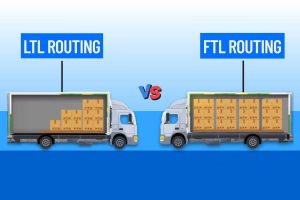Digital transformation is the future and the future is happening now.
Businesses that will embrace it in time will prosper. They will be viewed as being on the right side of history.
The rest — not so much. In fact, they might not be viewed at all, since they might go down in oblivion.
But while it’s in the best interest of businesses to digitally transform, not every business can take the leap.
Let’s find out why.
What is business intelligence?
When businesses go digital, they gain business intelligence. While non-intelligent businesses function on manual mode, intelligent businesses automate.
This is the the single most profound allure of business intelligence solutions — working, not hard, but smart, thereby enhancing productivity and efficiency, and therefore driving up profits while driving down costs.
Automation is not a distant promise — the future is already here. Tools like Robotic Process Automation (RPA) are widespread, being heavily used in manufacturing, retail, healthcare, insurance, law, media and entertainment, and hospitality.
In fact, all kinds of data management systems, like CRMs, are principally automation tools. Therefore, business intelligence solutions are transforming, to some degree, any industry you can think of.
But not every business can take full advantage of automation. They simply cannot.
Why?
Because their data — the lifeblood of business intelligence — is not properly governed. In other words, they lack data governance.
Governance before intelligence
Data governance is defined as a set of practices that ensure that the data circulating in an organization is always of the highest quality.
By highest quality, we mean that the data is free of errors such as duplication or redundancies. When this is ensured, all intelligent processes, which are naturally driven by data, are liberated of inefficiencies. As a result, the success of these processes is maximized.
How is this ensured?
What data governance solutions essentially do is provide businesses with a plan, structure, or map that guides them in their course of collecting, storing, managing, and manipulating data.
These plans are highly elaborate, distinguishing and defining each process in the cycle and establishing policies that help assess the data’s quality at every turn.
And therefore, before businesses invest in intelligence, they ought to invest in governance. Even the most expensive of RPA processes is bound to fail if their foundations are poor.
Without a rigid plan or structure in place, all businesses are doomed for oblivion. No matter how intelligent.












